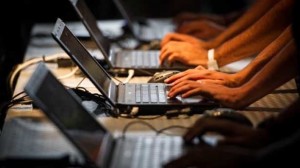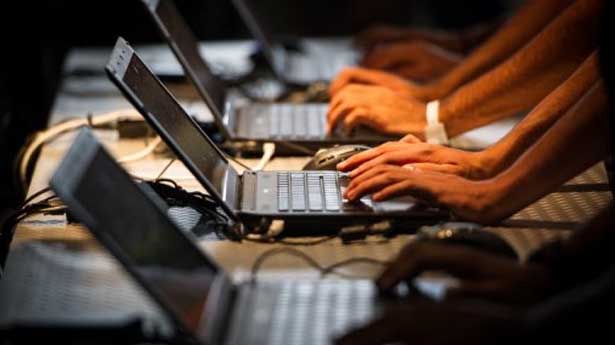
(AFP Photo)
A recent survey conducted by Market Research Company B2B International and multi-national computer security company Kaspersky Lab showed that 56% of computer users regard the personal data stored on their device as more precious than the hardware itself.
The research added that in the case of a malware attack, more than 50% of users lose all these data, however.
“For cybercriminals, personal data is a tradable commodity: they may steal valuable data and use it in further fraudulent schemes, for example, to manipulate the user’s online finances or to block his access to critical information and demand a ransom to get back online,” the research read.
The survey, titled “Security in a multi-device world, the customer’s point of view”, pointed out that the increasing spread of mobile devices has aggravated the online security situation, since each new device such as a smartphone or a tablet provides the hackers with a new angle for attack.
The research illustrated that 27% of users faced malware attacks and that one in five of those attacks led to personal data leakage. It added that 62% of the respondents experienced at least one incident where there was an attempt to steal financial information. The survey noted that the average cost of an attack was $74 per person, with the percentage of those who were unable to get their money back after a financial attack was 41%.
Discussing the protection of personal accounts, the report mentioned that “14% of respondents have dealt with at least one incident where one of their accounts had been hacked.”
“More than half (54%) of respondents said they were able to change their password in time and regain access to their account, but other hacking victims were left to deal with a mess,” the report read.
The report stated that 39% of the surveyed said that, during these hacks, material was published in their name. Meanwhile, 18% said that some of their online friends clicked on malicious links sent from their hacked accounts.
“Another 13% said that the hackers had stolen their personal data,” the survey added.



